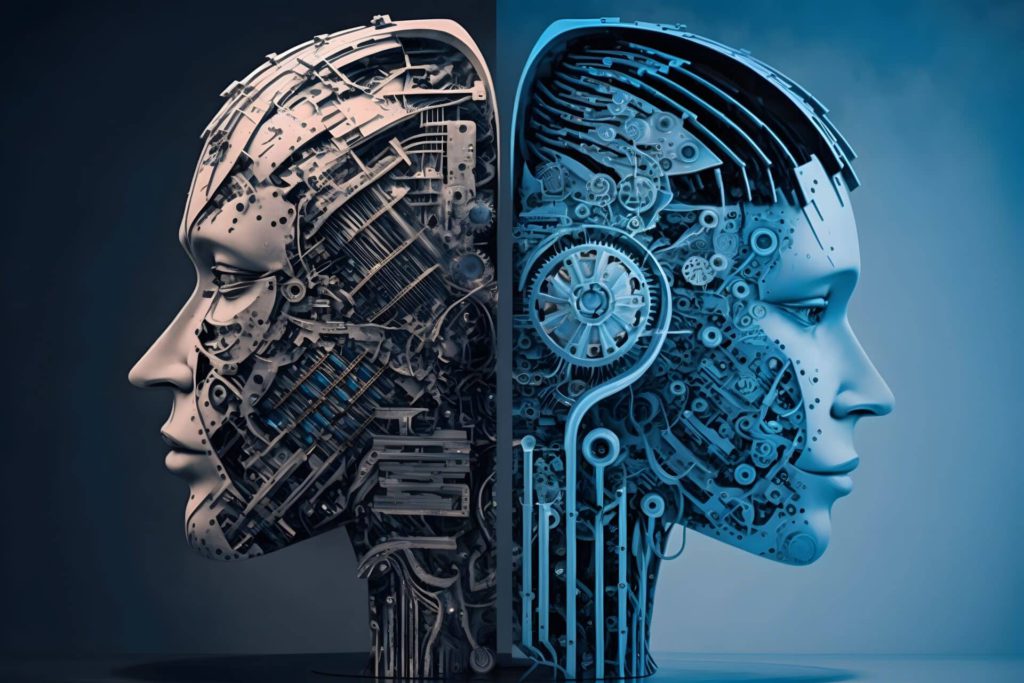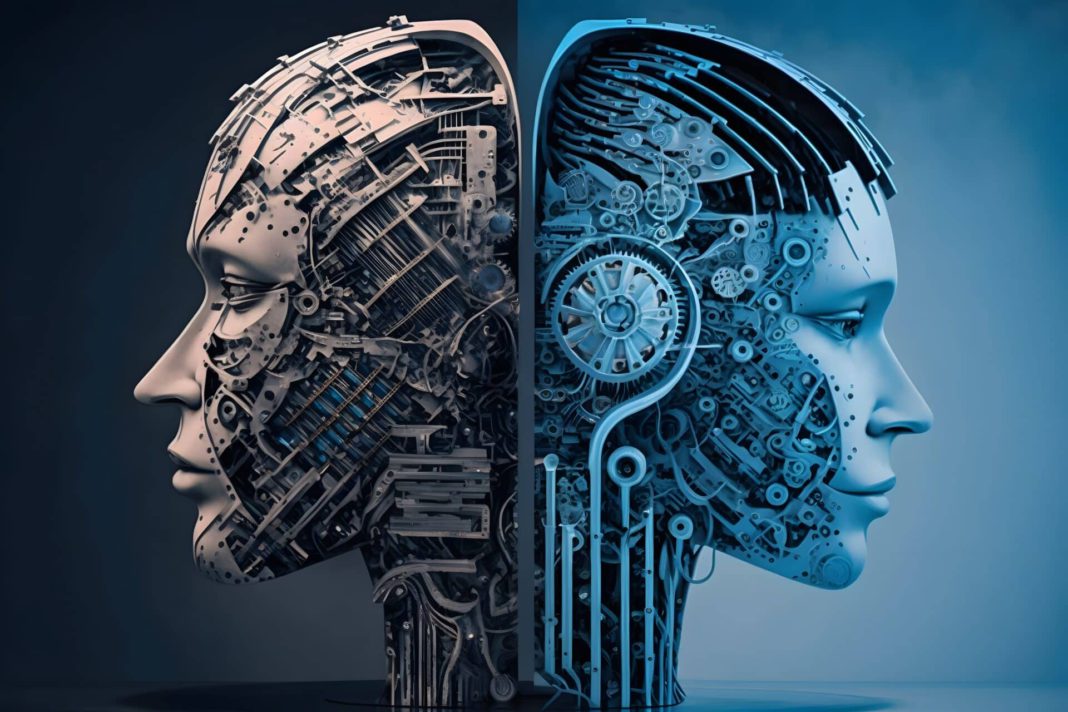The term artificial intelligence is now used to characterise the future and everything it holds. Artificial Intelligence has not only replaced conventional computing techniques, but it has also altered industry performance. Everything has evolved quickly, from research and industry to the modernization of healthcare and financial services.
There is no doubt that artificial intelligence has improved the way the IT industry operates; in other words, it has completely changed the core of the industry. Artificial intelligence can play a significant part in the IT industry since it is all about computers, software, and other data flows.
A subfield of computer science called artificial intelligence seeks to make computers into sentient devices—something that would not be feasible in the absence of a human brain. Artificial intelligence and machine learning can be effectively used to create expert systems that will display intelligent behavior, offer solutions to challenging issues, and further aid in the development of simulations equivalent to human intelligence within machines through the use of algorithms and computer-based training.

- Creating Secure Systems: Protecting sensitive data requires the highest level of data security. Both public and private institutions have vast amounts of customer, strategic, and other types of data that must always be protected. Artificial Intelligence can offer the required security and assist in building a layered security system that allows a high-security layer within these systems by using algorithms. Artificial Intelligence assists in identifying possible dangers and data breaches by utilizing sophisticated algorithms. It also offers the required safeguards and remedies to prevent such vulnerabilities.
- Increased Productivity: Several algorithms used by artificial intelligence can be directly applied to help programmers write better code and solve software faults. Artificial intelligence has been developed to make coding suggestions that boost productivity, increase efficiency, and give engineers clean, error-free code. Artificial intelligence (AI) can make helpful recommendations based on code structure, which can increase productivity and reduce downtime during the development phase.
- Process automation: It has the advantage of enabling nearly all tasks to be completed without the need for human interaction. Organizations can significantly reduce human interaction and allow cost savings by automating backend procedures with the use of deep learning technologies. AI-enabled techniques get better over time as the algorithms adapt to increase output and learn from errors.
- Application Deployment: Since there are several phases involved in software development, software versioning management plays a crucial and advantageous function in the deployment stage. Since artificial intelligence is all about anticipating problems, it can be a valuable and essential tool in anticipating issues that arise during the versioning stage and can be resolved without any problems. This helps resolve issues as they arise and frees developers from having to wait until the very end to enhance the performance of the application.
- Assurance of Quality: Making sure the appropriate tools are utilized throughout the software development cycle is the main goal of quality assurance. To put it simply, developers can utilize AI tools to fix faults and issues within apps and alter them automatically during development cycles by utilizing Artificial Intelligence approaches. Without requiring human participation, tools such as “Bugspots” can be used to guarantee that all software flaws are removed and any potential holes are sealed.
- Optimizing the Server: Every day, the hosting server is frequently inundated with millions of requests. In response, the users’ requests for web pages must be opened by the server. Over time, servers may experience slowdown and unresponsiveness due to the constant influx of requests. AI as a service can assist with host server optimization to boost operations and customer service. Artificial Intelligence will be employed more and more as IT needs to grow to meet personnel demands and enable smooth integration of technology with existing business operations.
Scope of AI in Technological Changes:
1. Healthcare: AI is transforming healthcare through applications like medical imaging analysis, predictive diagnostics, drug discovery, and personalized treatment plans. It enhances patient care, accelerates research, and improves healthcare outcomes.
2. Smart Cities: AI contributes to building smart cities with intelligent infrastructure, predictive maintenance, traffic management, energy optimization, and public safety enhancements.
3. Financial Services: AI is used in financial services for fraud detection, risk assessment, algorithmic trading, customer service automation, and personalized financial advice.
4. Cybersecurity: AI enhances cybersecurity by detecting and mitigating threats in real time. Machine learning algorithms analyze network traffic, identify suspicious activities, and strengthen defense mechanisms against cyberattacks.
Conclusion:
With the aid of artificial intelligence, engineers have been able to expand their horizons and complete tasks that were previously thought to be impossible. This automation has further led to the useful enhancement of application development, making it an instant hit with developers and organizations at large. Developers have witnessed a rapid transformation in software development, architectural planning, and even quality assurance.







